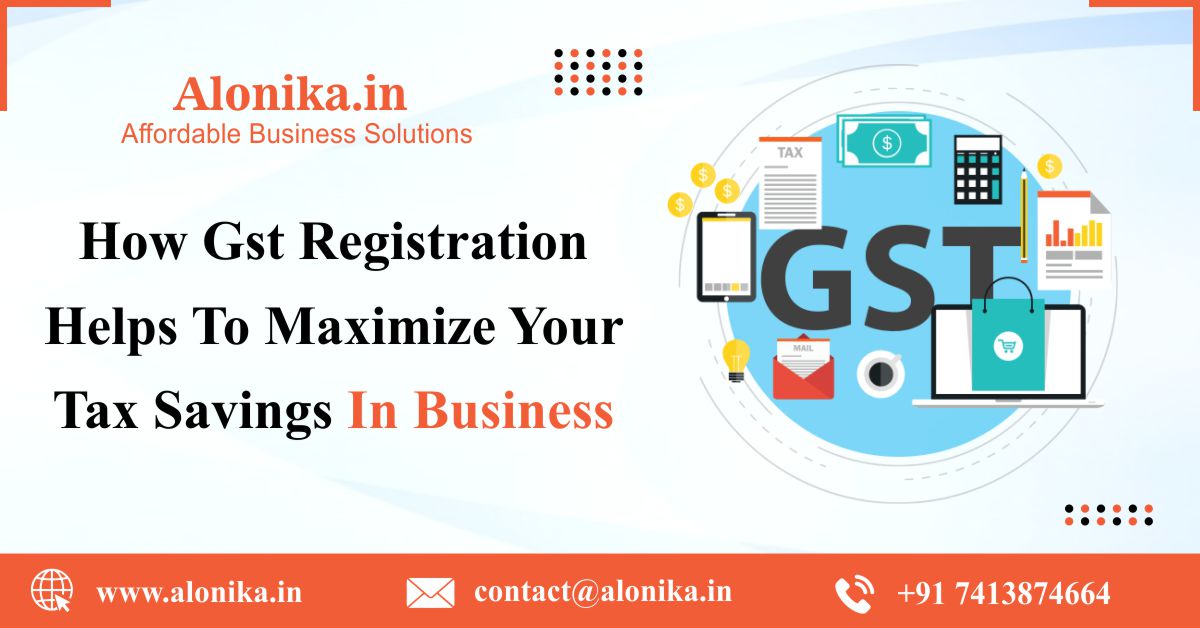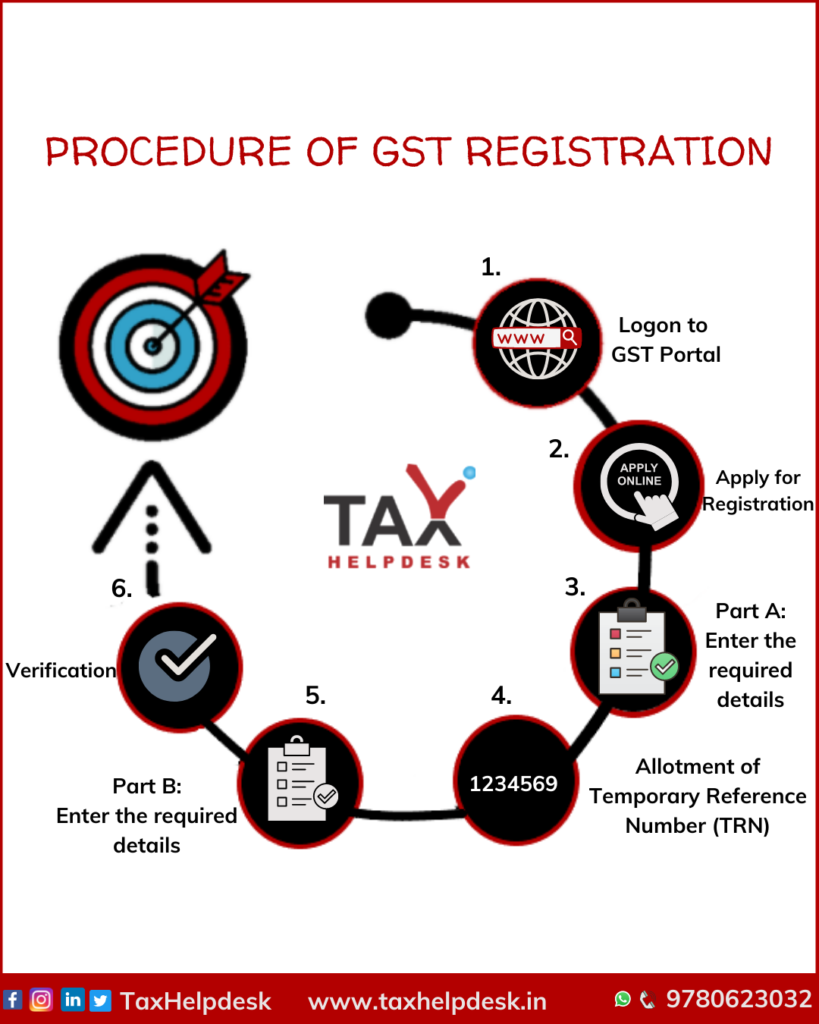Comprehensive Guide to the Best GST Registration Services in Singapore
Comprehensive Guide to the Best GST Registration Services in Singapore
Blog Article
From Begin to Finish: The Ultimate Roadmap to GST Enrollment for Companies Looking For Financial Stability
Browsing the complexities of Item and Solutions Tax (GST) enrollment is a critical step for services aiming for financial stability. From recognizing the fundamental concepts of GST to adhering to post-registration standards, the procedure can seem daunting in the beginning glance. Nevertheless, breaking down the roadmap right into convenient steps can streamline the enrollment journey for companies aiming to improve their economic standing. Let's discover the important components that make up this supreme roadmap and discover exactly how each stage adds to laying a solid structure for economic success.
Comprehending GST Basics
Exploring the basic concepts of Goods and Solutions Tax Obligation (GST) is essential for gaining a thorough understanding of its effects on organizations and the economic situation. GST is a value-added tax imposed on many items and services for residential usage. It has actually replaced numerous indirect tax obligations that existed in the pre-GST period, simplifying the tax obligation framework and enhancing ease of doing business in India. Under the GST system, both goods and solutions are taxed at a particular price, which is determined based on their classification. If their annual turn over surpasses the threshold restriction set by the federal government, businesses are called for to register for GST. Input Tax Obligation Credit History (ITC) is a significant attribute of GST, enabling companies to claim credit rating for taxes paid on inputs, minimizing the general tax obligation problem. Recognizing the basics of GST is critical for services to follow tax policies, manage their finances effectively, and add to the country's financial growth by taking part in a clear tax system.
Eligibility Standards for Registration
As of the current laws, the threshold limitation for GST enrollment is a yearly aggregate turnover of 40 lakhs for services running within a state, except for unique group states where the limitation is 20 lakhs. In addition, certain companies are called for to sign up for GST irrespective of their turn over, such as interstate suppliers, laid-back taxed individuals, and companies liable to pay tax obligation under the reverse fee device. It is essential for services to completely assess their turn over and deal kinds to determine their GST enrollment obligations accurately.
Papers Required for Enrollment
Having met the eligibility standards for GST enrollment, businesses should now ensure they have the requisite papers in location to proceed with the enrollment process efficiently. The records required for GST enrollment usually include evidence of service constitution, such as collaboration act, registration certification, or unification certificate for various types of organizations. In addition, companies need to provide documents Go Here establishing the major location of company, such as a rental agreement or electrical energy costs.
Step-by-Step Enrollment Refine
Commencing the GST registration process includes a collection of structured steps to guarantee a compliant and smooth registration for organizations. The primary step is to go to the GST portal and fill in the enrollment form with precise information of the service entity. Following this, the candidate receives a Short-lived Referral Number (TRN) which is made use of to return to the application procedure if it's not finished in one go.
Following, all needed papers as per the list given by the GST portal need to be posted. These documents normally consist of evidence of service address, registration and identity evidence of promoters, monetary statements, and company entity's PAN card.

Post-Registration Conformity Standards

Final Thought
To conclude, businesses seeking financial stability needs to comprehend the basics of GST, fulfill eligibility requirements, gather essential papers, adhere to the detailed enrollment procedure, and adhere to post-registration standards - Best over here GST registration services in Singapore. By adhering to these steps, companies can ensure conformity with tax laws and keep economic stability in the future
Additionally, specific services are required to register for GST regardless of their turn over, such as interstate providers, informal taxable persons, and services liable to pay tax under the reverse fee device.Having fulfilled the eligibility requirements for GST registration, organizations have to currently guarantee they have the requisite records in location to proceed with the registration procedure successfully. The papers needed for GST enrollment usually include proof of business constitution, such as collaboration act, registration certification, or consolidation certificate for different types of services. Additionally, businesses require to give papers establishing the principal area of business, such as a rental contract or electrical energy bill.Starting the GST registration procedure entails a collection of organized steps to ensure a seamless and compliant registration for services.
Report this page